Contents
Guide
List of Figures
Pagebreaks of the Print Version
Praise for Threads of Awakening

Leslie retells her journey in prose that is as beautiful, meticulous, and captivating as the thangkas themselves.
 MEHER MCARTHUR, author of Reading Buddhist Art
MEHER MCARTHUR, author of Reading Buddhist Art
All of us are granted the same 24-hour day. But great memoirs show us how much life we can pack into every moment if our heart says yes. Leslie Rinchen-Wongmo, whose name means precious, empowered woman, did just that. She came upon a group stitching sacred Tibetan tapestries in India and stayed to become the first Western woman trained to make them. Her story takes us deep into the art and culture she embraced. But just as importantly, Leslie provides a luminous lesson on what she calls the experience of traveling off course to a wondrous life.
 BARBARA CORNELL, Pulitzer Prize nominated journalist and librarian
BARBARA CORNELL, Pulitzer Prize nominated journalist and librarian
Threads of Awakening is a wonderful and illuminating window into the amazing worlds of brocade and embroidery tangkas. Leslie Rinchen-Wongmo is not only, to my knowledge, the first American woman to have mastered these exquisite artistic traditions but also the first to write extensively on them. And we are the fortunate ones who reap the fruits of her endeavors.
 GLENN H. MULLIN, author of Female Buddhas and four more books on Tibetan Buddhist art
GLENN H. MULLIN, author of Female Buddhas and four more books on Tibetan Buddhist art
Profoundly meaningful and deeply spiritual, Threads of Awakening is a delightful and inspiring travel memoir about a Tibetan Buddhist textile tradition and a womans search for purpose.
 ISADORA LEIDENFROST, PhD, filmmaker of Creating Buddhas: The Making and Meaning of Fabric Thangkas
ISADORA LEIDENFROST, PhD, filmmaker of Creating Buddhas: The Making and Meaning of Fabric Thangkas
Threads of Awakening

An American Womans Journey into Tibets Sacred Textile Art

Leslie Rinchen-Wongmo

SHE WRITES PRESS
For the Tibetans who welcomed me.
For the teachers who taught me.
For Mom, Dad, and Francesco who have given me more than could ever fit on this page.
Thank you.
Copyright 2022, Leslie Rinchen-Wongmo
All rights reserved. No part of this publication may be reproduced, distributed, or transmitted in any form or by any means, including photocopying, recording, digital scanning, or other electronic or mechanical methods, without the prior written permission of the publisher, except in the case of brief quotations embodied in critical reviews and certain other noncommercial uses permitted by copyright law. For permission requests, please address She Writes Press.
Published 2022
Printed in the United States of America
Print ISBN: 978-1-64742-093-2
E-ISBN: 978-1-64742-094-9
Library of Congress Control Number: 2022903757
For information, address:
She Writes Press
1569 Solano Ave #546
Berkeley, CA 94707
Interior design by Tabitha Lahr
Illustrations by Cory Yniguez
She Writes Press is a division of SparkPoint Studio, LLC.
All company and/or product names may be trade names, logos, trademarks, and/or registered trademarks and are the property of their respective owners.
Names and identifying characteristics have been changed to protect the privacy of certain individuals.
Contents







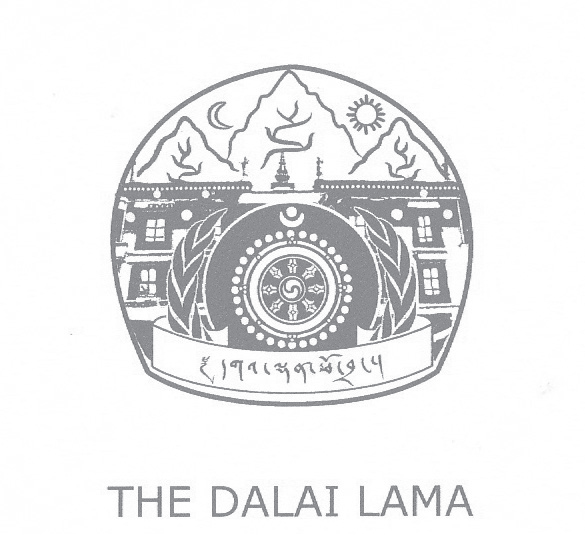
Foreword

I am pleased that, having been drawn to a unique Tibetan craft, Leslie Rinchen-Wongmo studied it deeply and is carrying it forward faithfully, in a personal artistic manner.
The tradition of Tibetan appliqu goes back centuries. Since coming into exile, we have made a concerted effort to preserve and restore our rich culture, including artistic heritage. Our distinctive Tibetan culture, a culture of peace, non-violence, and compassion, has great potential to make a constructive contribution to the whole of humanity toward maintaining peace of mind.
This book, Threads of Awakening, reveals the intricacies and richness of the appliqu tradition. I am sure it will enhance appreciation for our unique artistic traditions.
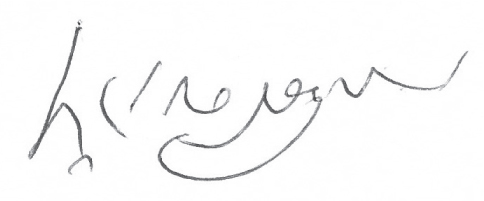
Tenzin Gyatso, the Dalai Lama 8 February 2021
Preface

L eslie Rinchen-Wongmo is a pioneer in introducing to the Western world the rare and sacred Tibetan art of lhemthukappliqu thangkas created with hundreds of pieces of brightly colored fabrics that are meticulously cut and stitched together to create enlightened icons and motifs. This ancient tradition requires a tremendous amount of skill: it demands a degree of mastery of the eyes and hands that exceeds the skills of the more commonly known painted thangkas (traditional Tibetan scroll paintings). Appliqu thangka creation also commands an extraordinary aesthetic maturity in the design and overall color placement and skillful layering of a myriad of fabric pieces to create a three-dimensional perspective in two-dimensional form. Beyond the technical skills that appliqu thangkas require, lineage blessings, spiritual training, and genuine compassion for all living sentient beings must ripen within the artist. For these reasons, appliqu thangka creation is an art form that is extremely difficult to accomplishsomething which Leslie has achieved through her rigorous apprenticeships, dedication, meticulous skills training, and compassionate motivation to benefit all beings.


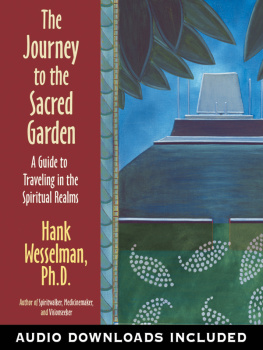

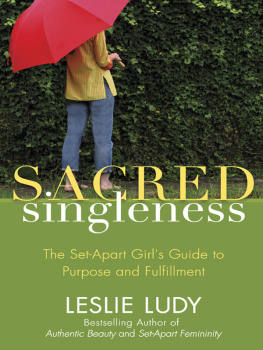
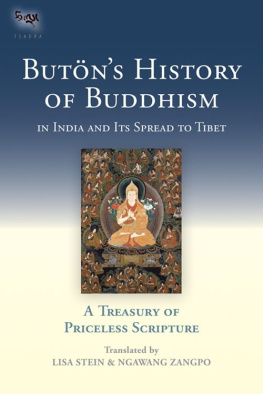

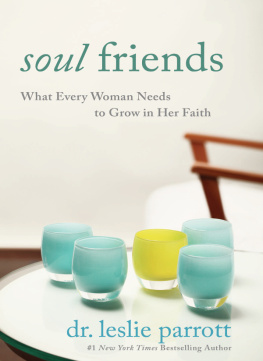
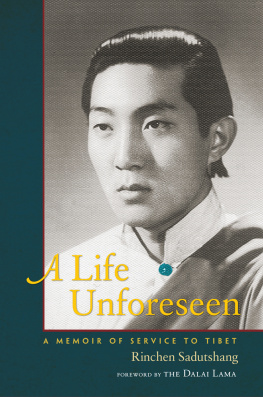
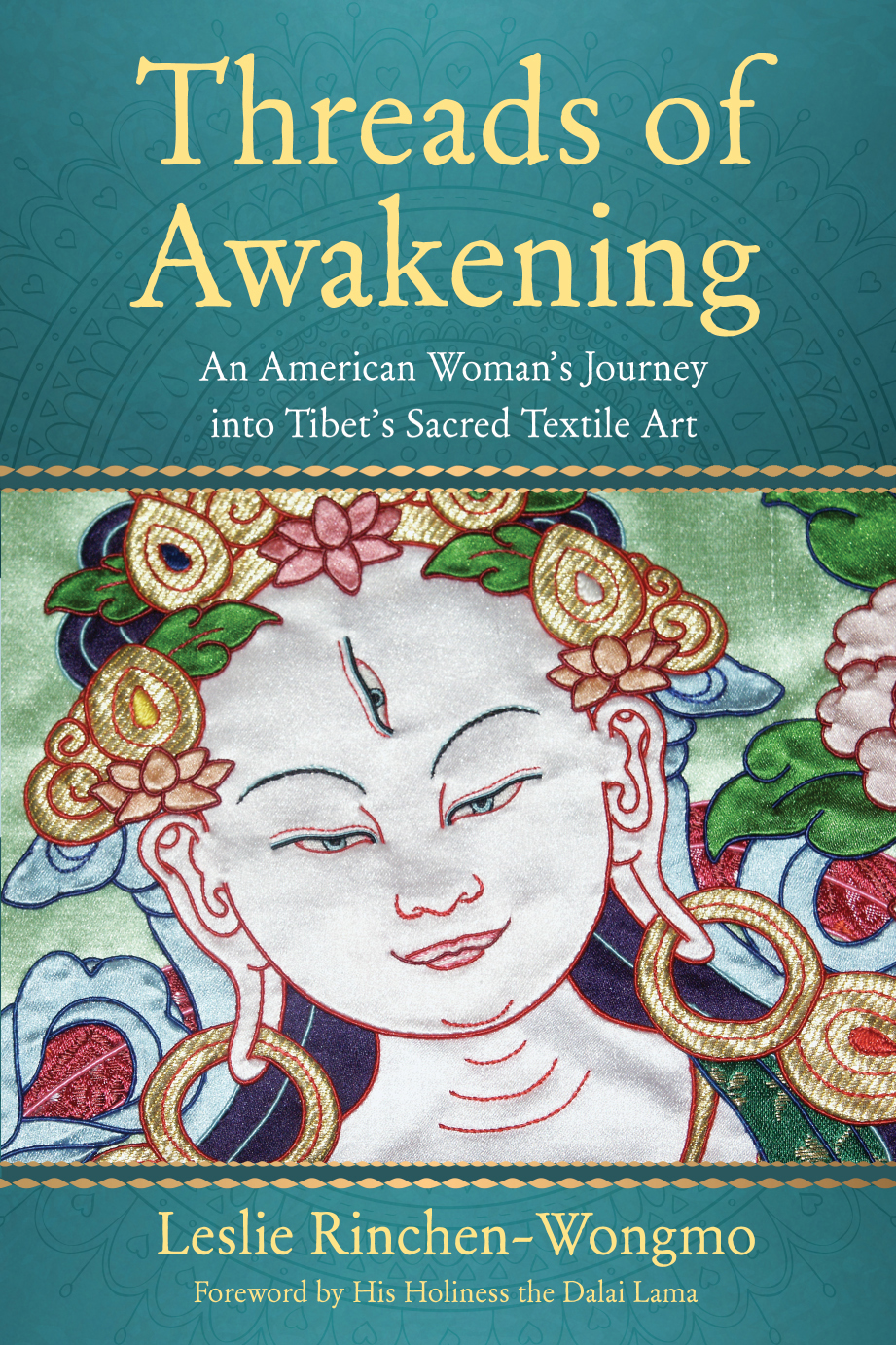

 MEHER MCARTHUR, author of Reading Buddhist Art
MEHER MCARTHUR, author of Reading Buddhist Art

